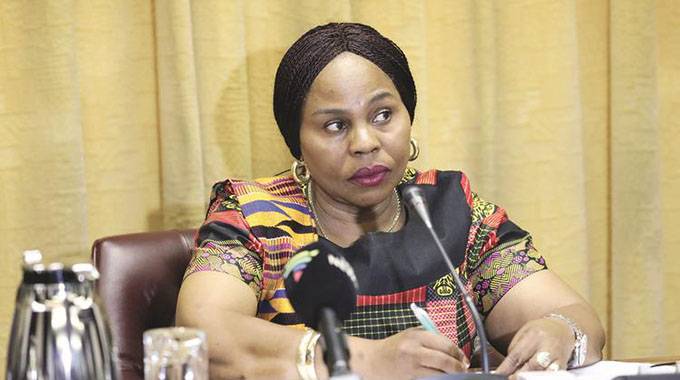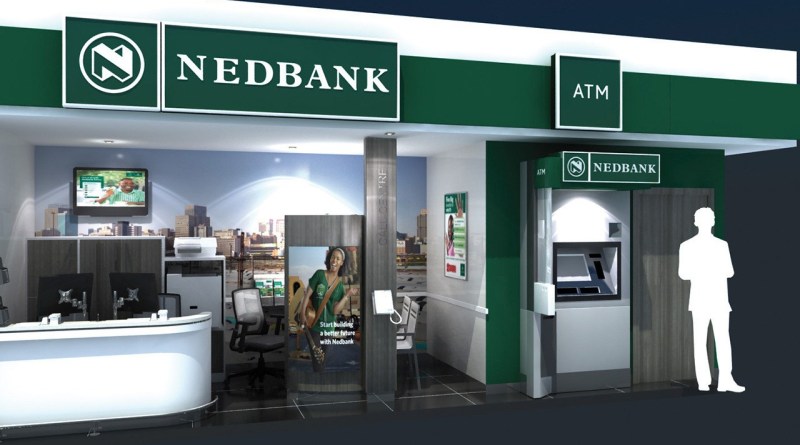Nedbank commits to play role in regional power challenges
The Nedbank Group says it has developed a renewable energy financing model that will be beneficial to its clientele that include Zimbabwe in an effort to play part in curtailing power challenges.
The SADC region continues to face acute power shortages that have negatively impacted gross domestic product growth prospects.
Zimbabwe is one of the most affected countries in the Southern African region and hopes are Hwange Unit 7 and 8 may bring relief to the country when finally connected to the national grid.
Terence Sibiya, the Managing Executive of Nedbank Africa Regions, speaking during Nedbank Group online media briefing for the year ended December 31, 2022 on Tuesday, said due to incessant power outages, the group has been accelerating the products it has been able to offer to clients.
“We are looking at solar financing, panel financing, solar solution financing and at the same time, at the corporate level, we are the market leader having put in more than R40 billion loans for renewable energy,” he said.
He said the bank has been playing a big role in accelerating expertise around renewable energy financing.
“This was driven mainly by independent power producers, small business and individuals can now approach the bank for financing solar projects,” he said.
In Zimbabwe, the group has its presence through Nedbank Zimbabwe.
The bank’s managing director, Sibongile Moyo, said the local finance institution has also seen increased demand for solar financing and renewable energy initiatives by corporates in Zimbabwe in order to counter power challenges.
The country has in the past few months witnessed severe power shortages, which resulted in companies adopting alternative power sources and increased investments in solar energy.
Government on its part is carrying out several power projects with Hwange Unit 7 and 8 expected to feed into the national grid by this month.
Moyo said the bank is part of the wider conversations on banks financing energy projects.
“We subscribe to demands that banks finance solar installations in key sectors such as manufacturing, agriculture and other large players in the market,” she said.
She said Nedbank Zimbabwe’s contribution to the wider group has been notable with return on equity (ROE) doubling while cost to income ratio was below 50 percent which is below target.
“We also found ourselves in terms of client priority, performing in the top three of the market in terms of brand visibility.
“We have also led in the digital space with the introduction of the contactless card on Zimswitch,” she said.
She noted that the bank’s mobile app that was launched in 2021 has achieved steady growth with mobile app downloads activation doubling.
According to Sibiya, the higher levels of electricity outages in the second half of the year had a limited impact on Nedbank’s own operations, but has had a material negative impact on many of its clients.
He said generator run-time in operations, including offices and branches, increased by over 200 percent and diesel-related expenses were up just over 100 percent to R59 million in 2022.
“Load-shedding had no material impact on our ATMs, branches and point-of-sale (POS) devices as we leveraged our wide coverage of sustainable back-up power solutions.
“While our physical points of presence remained largely unaffected, call centre and digital channels have seen an increase in utilisation,” said Sibiya.
Overall, the Nedbank Group delivered a strong financial performance for the year under review as headline earnings (HE) increased by 20 percent to R14 billion.
HE was driven by strong double-digit revenue growth, a slightly higher credit loss ratio and a well-managed expense base.-ebusinessweekly









